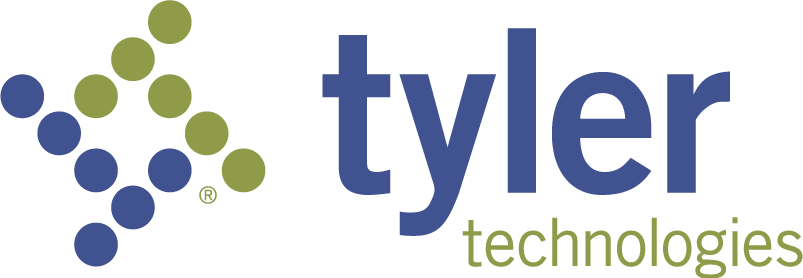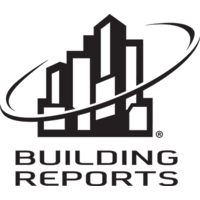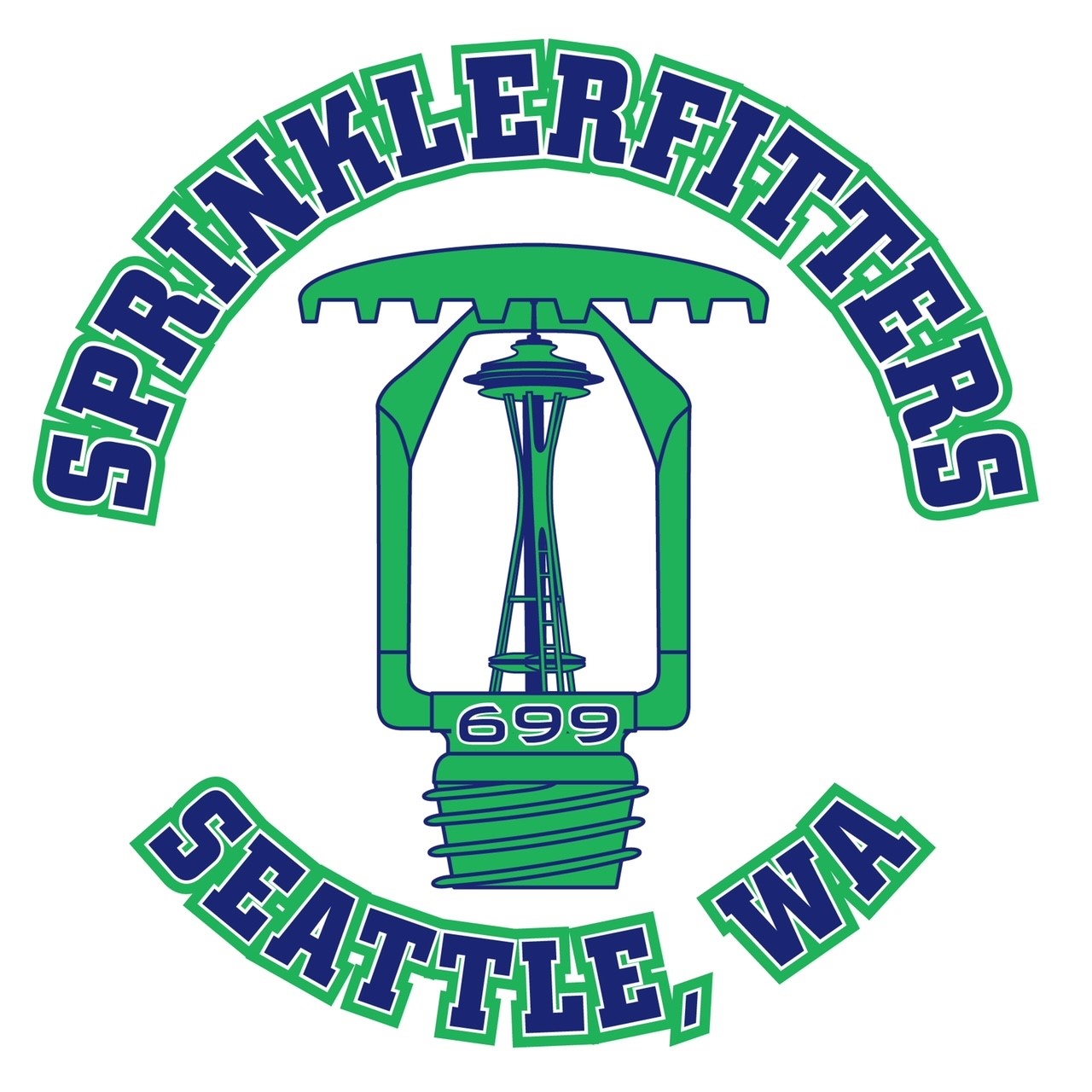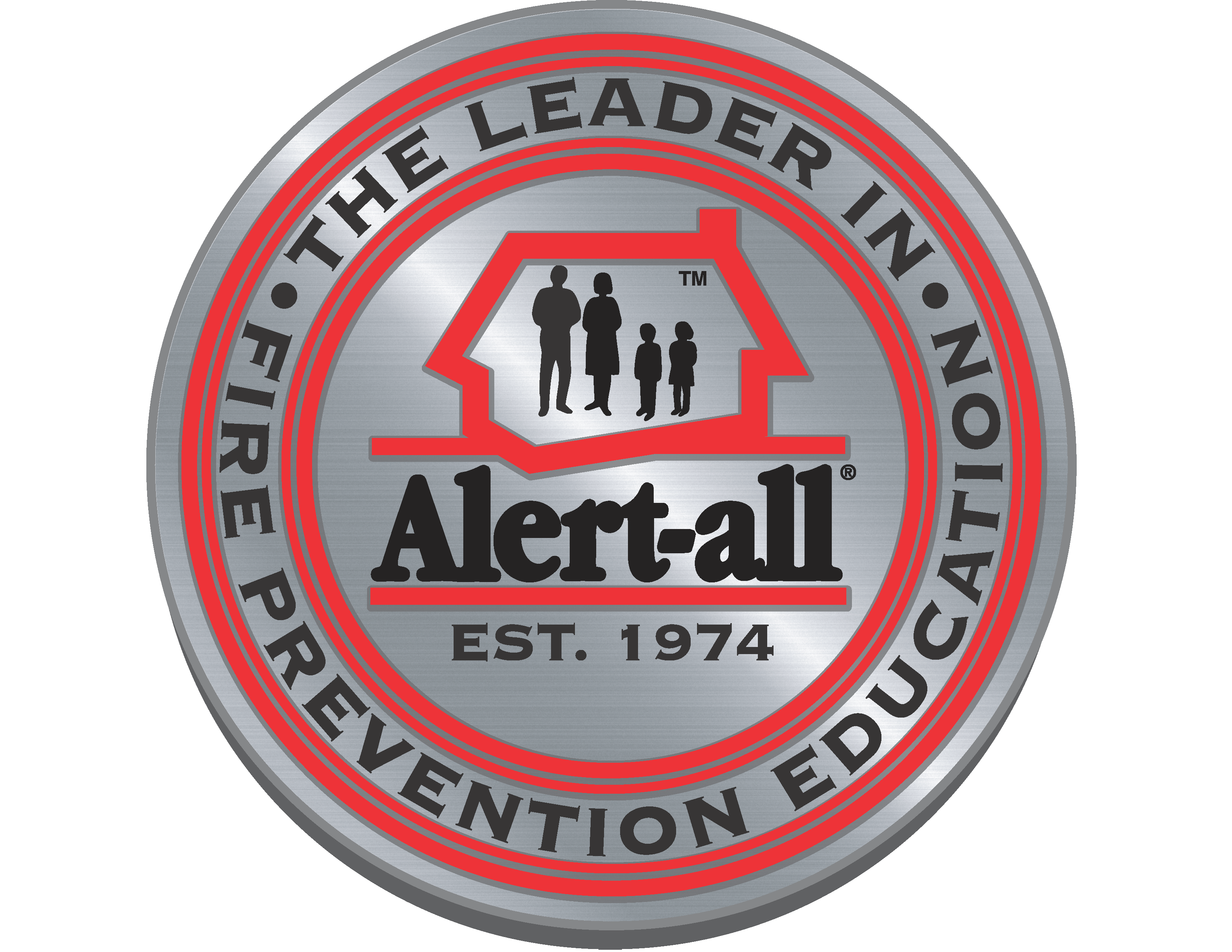Revised Effective Date for 2021 Codes and First Printing of Insert Pages
Elevator Code Update - April 26, 2023
Emergency Rule Making Regarding Battery Energy Storage Systems (January 20, 2023)
Wildland Urban Interface Maps and RCW Requirements - November 2022 Updates
On Demand Mobile Fueling - 2018 Code Amendments and Resources for Member Agencies
Pre-Implementation of NFPA 855 (2023) and 2024 IFC Provisions Related to Energy Storage Systems, Lithium-Ion Batteries, and Micromobility Devices
The State Building Code Council of Washington State (SBCC) has extended a previously approved emergency rule to allow fire code officials to utilize the 2023 edition of NFPA 855 for the Installation of Energy Storage Systems. This emergency rule had support from regulatory agencies and industry when it was first introduced in November of 2022 to the SBCC. The existing emergency rule expired in May of 2023 and with the delay of the implementation of the 2021 Washington State Codes it was necessary to create an extension.
An amended Chapter 12 of the 2021 International Fire Code (IFC) was also approved by the SBCC for Off-Cycle Rule making. This chapter is particularly relevant for the installation and maintenance of batteries and energy storage systems (ESS). The proposed changes bring forward the latest code language from the 2024 IFC into the Washington State 2021 Fire Code.
The 2021 WA State Fire Code also has two new sections addressing Lithium-ion batteries and powered mobility devices such as electric scooters and bikes. Section 322 Lithium-Ion and Lithium Metal Batteries and section 323 Powered Micromobility Devices and Powered Industrial Trucks were developed to help address the hazards associated with the use of lithium-ion batteries. The new code language is from the 2024 IFC (International Fire Code) and was brought forward early in Washington State to assist in regulating this industry. The first printing of the State’s insert pages are a good source for Chapter 3 modifications. The 2021 Washington Fire Code with these amendments is expected to take effect no earlier than October 29, 2023.
Revised Effective Date for 2021 Codes and First Printing of Insert Pages
The State Building Code Council (SBCC) voted on May 24, 2023, to delay the effective date of the 2021 codes until October 29, 2023 (120 days). The SBCC also created to Technical Advisory Groups to consider stakeholder proposals on sections of the commercial and energy codes. Possible modifications are being considered as a result of legal uncertainty stemming from the decision in California Restaurant Association v. City of Berkeley.
The first printing of insert pages showing WA amendments to the 2021 IFC is available here: www.sbcc.wa.gov/state-codes-regulations-guidelines/state-building-code/fire-code-amendments.
Elevator Code Update - April 26, 2023
In October of 2021, the State Building Code Council (SBCC) approved an emergency rule to remove the requirement for fire sprinklers in hydraulic elevator pits from NFPA 13. The rule will become code on July 1, 2023. This was based on a proposal from a WSAFM member citing lack of historical fire loss (obtained from NFPA), fire operations needs for elevators, concern for responder safety in elevators when a shunt-trip is activated, and the cost involved in installing both the sprinkler and associated shunt-trip equipment. In general, the concern for a significant loss with an elevator pit fire has diminished with the change in culture with public smoking, pit maintenance, changes to the hydraulic oils used and lack of combustibles in the elevator shaft. The emergency rule has been opposed by the Washington State Chief Elevator Inspector who insists that the model code should be met with no amendments. An attempt by the Chief Elevator Inspector was made to repeal the SBCC emergency rule and it was not successful.
Washington State L&I is now proposing language to be added to the State Elevator Code (WAC 296-96) to adopt the unabridged version of NFPA 13. The changes are included in a document that was provided by a Technical Advisory Committee (TAC). In discussions with some of the TAC members, the changes to include the NFPA 13 language was not discussed or reviewed by the committee which is confirmed by reviewing the transcripts (available at the Laws, Rules & Policies website below) of the meetings. The NFPA 13 change was added later after the meetings concluded.
If the proposed change is put into effect, it will create a conflict between the elevator code and the building codes. An elevator permit could be approved by a Building Department, and the installation would not be approved by the elevator inspector. The proposed change also adds the adoption of NFPA 13 into the elevator code, which creates a conflict about who has the authority to enforce or amend it.
The documents for the proposed changes are included on the L&I Elevator Rules Development webpage: Elevator Laws, Rules & Policies (wa.gov). The revised rules changes can be found at: Draft-Elevator-Rule-Language-V2-Code-Adoption-1.docx (live.com). See WAC 296-96-00600 (4) (page 1 and WAC 296-96-02487 (page 40) for the sections that will conflict with the SBCC emergency rule.
The schedule for the process has just been released:
- May 2: The Proposed rules (CR-102) are expected to be filed with the state Office of the Code Reviser.
- June 2023: A public hearing on the proposed rules is tentatively scheduled.
- August 1: The final rules (CR-103) are expected to be filed with the state Office of the Code Reviser.
- September 1, 2023: The new rules are expected to take effect.
WSAFM is recommending that members consider testifying at the June hearing in support of removing the proposed changes to the Elevator Rules that conflict with the State Fire Code for NFPA 13. If you are interested in providing testimony, please contact WSAFM Past President Dave Kokot at dkokot@wsfam.com.
Emergency Rule Making Regarding Battery Energy Storage Systems (January 20, 2023)
The SBCC recently passed an emergency amendment to the 2018 Fire Code to bring forward additional provisions available in the 2021 code related to requirements for battery energy storage systems. This amendment provides local AHJs additional safety provisions at time of permitting and installation -- provisions that are included in the 2021 codes but not available under the 2018 code. These changes (shown in underline below) will take effect following the publication by the State’s Code Reviser’s office (early February).
1201.1 Scope. The provisions of this chapter shall apply to the installation, operation and maintenance of energy systems used for generating or storing energy. It shall not apply to equipment associated with the generation, control, transformation, transmission, or distribution of energy installations that is under the exclusive control of an electric utility or lawfully designated agency. Energy storage systems regulated by Section 1206 shall comply with this chapter as appropriate and NFPA 855.
Chapter 80 REFERENCED STANDARDS
NFPA 855-23 Standard for the Installation of Stationary Energy Storage Systems
1201.1
Wildland Urban Interface Maps and RCW Requirements - November 2022 Updates
Because of the high risk of wildland fires in parts of Washington, and the benefit from taking steps to reduce these risks, WSAFM encourages member agencies to start thinking about your agency’s enforcement strategy for wildland urban interface (WUI). This code affects most jurisdictions in Washington, including urban and rural, east and west.
The State Building Code Council (SBCC) voted in November 2022 to adopt the WUI Code in Washington State. The WUI Code will take effect in the state on October 29, 2023, along with the other state codes (this reflects a delay past the original July 1, 2023, date, due to pending litigation). The SBCC accepted the Technical Advisory Group's (TAG's) amendments to the WUI code for the 2021 code cycle. Among other things, the amendments offer more flexible framework based on site and construction specifics as an alternative to the straight requirements in RCW 19.27.560. WSAFM and WABO were both represented in this work.
What should I do to get ready to implement WUI?
WSAFM recommends that fire marshals and their staff become familiar the provisions in RCW 19.27.560 and the anticipated amendments to the WUI code being worked on by the SBCC.
- Browse the new WUI map for your region and determine if you want to make any changes or if the parcel classification looks appropriate
- Review RCW 19.27.560 International Wildland Urban Interface Code and proposals for WUI Code updates at the SBCC.
- Engage the building official in your jurisdiction and talk about roles in terms of permitting, plan review, and site inspections - for example, the building official may be appropriate to handle all the construction related provisions and the fire marshal staff may be appropriate to handle access and water supply questions. One new item is vegetation management.
- See also the slides from the Fire Marshals Round Table on WUI from the 2022 FPI.
On Demand Mobile Fueling - 2018 Code Amendments and Resources for Member Agencies
The 2018 Fire Code establishes permitting for “on demand mobile fueling”, a newer service where cars are refueled at their parking location. Section 5707 of the 2018 Fire Code sets out a permitting structure and July 2021 amendments included further permitting provisions. WSAFM has compiled on-demand mobile fueling resources for member agencies who are standing up a new permitting program for on-demand mobile fueling including code summaries, standard permit and condition templates, and information about allowing another agency to handle fuel truck permitting and inspections.






.jpg)

.jpg)


